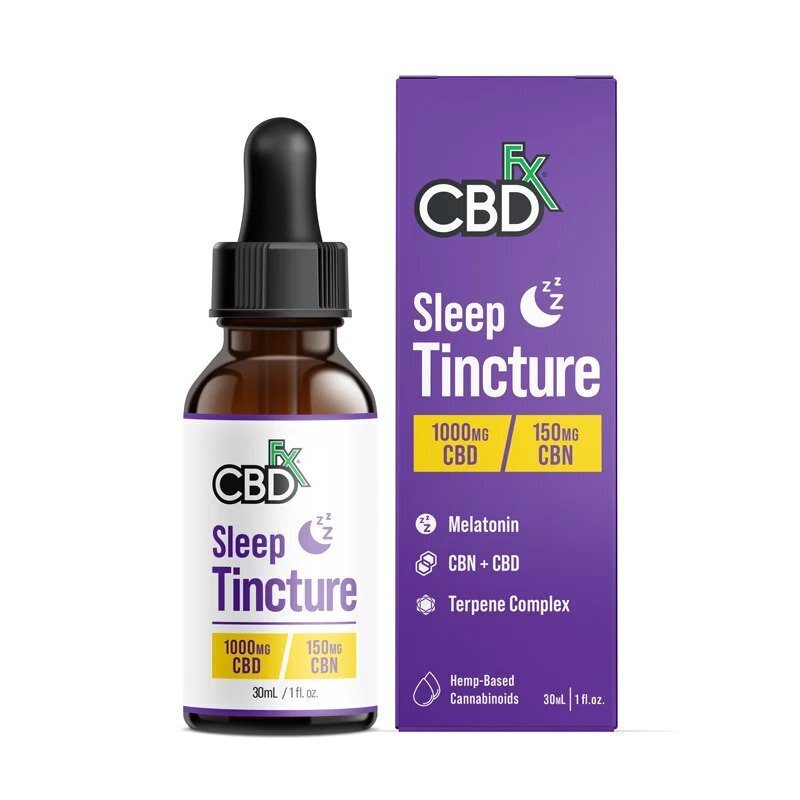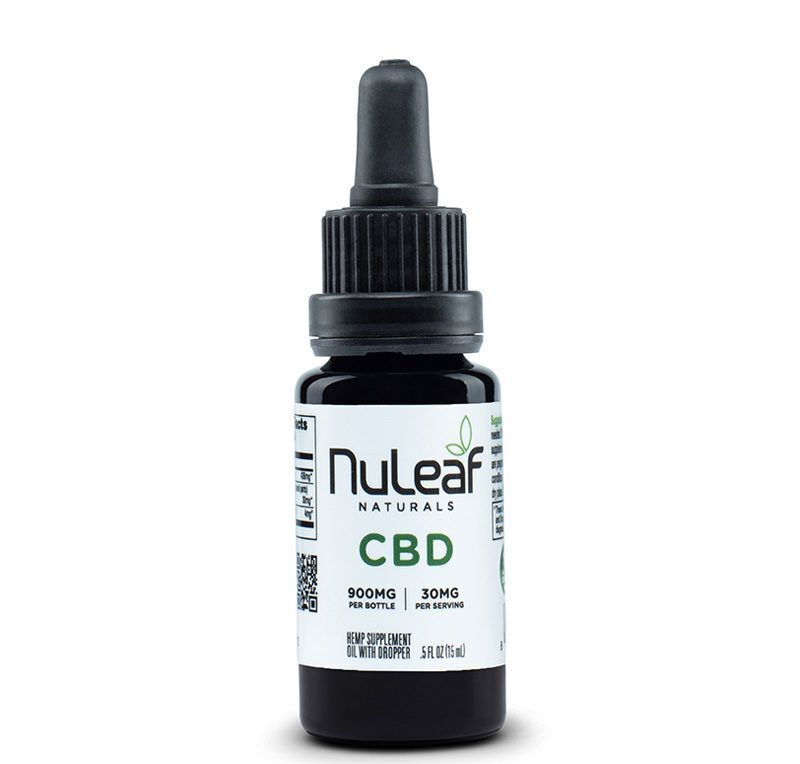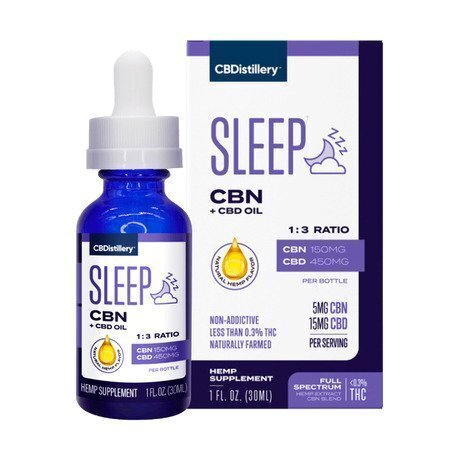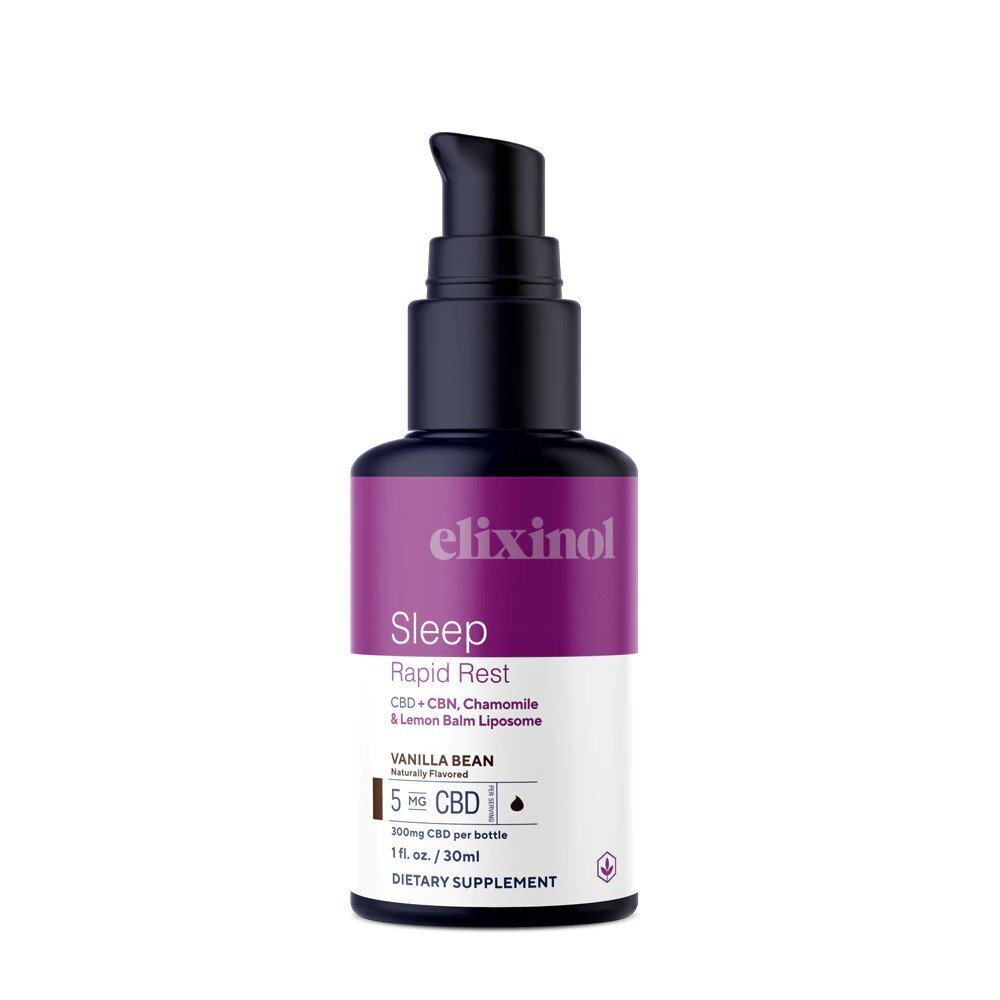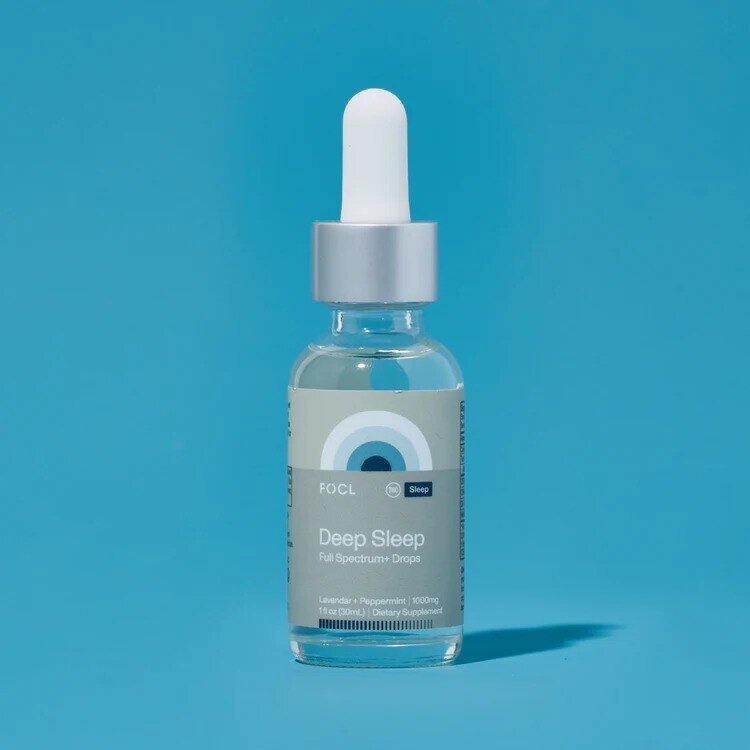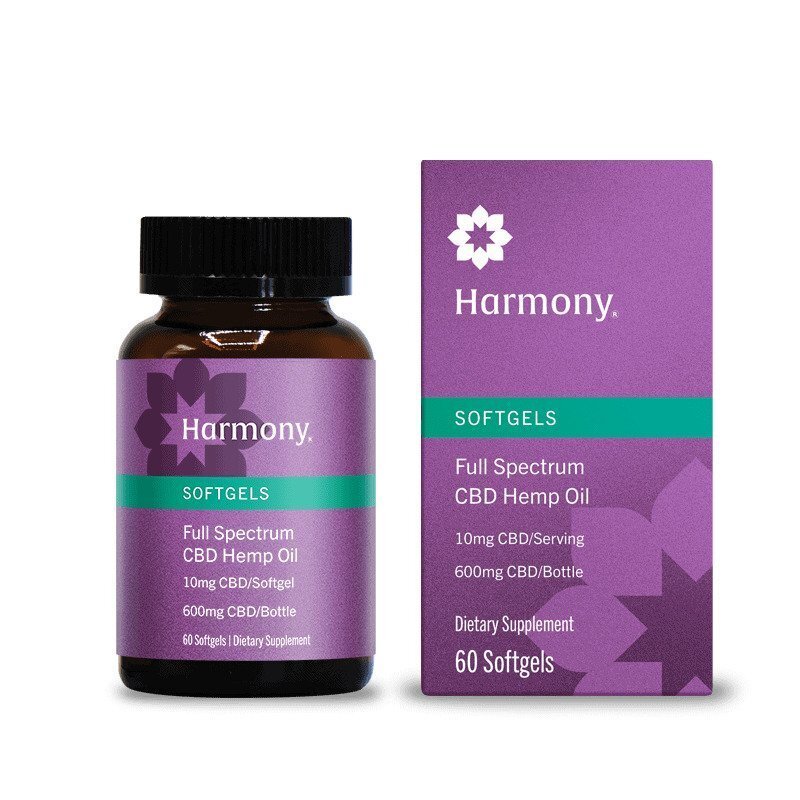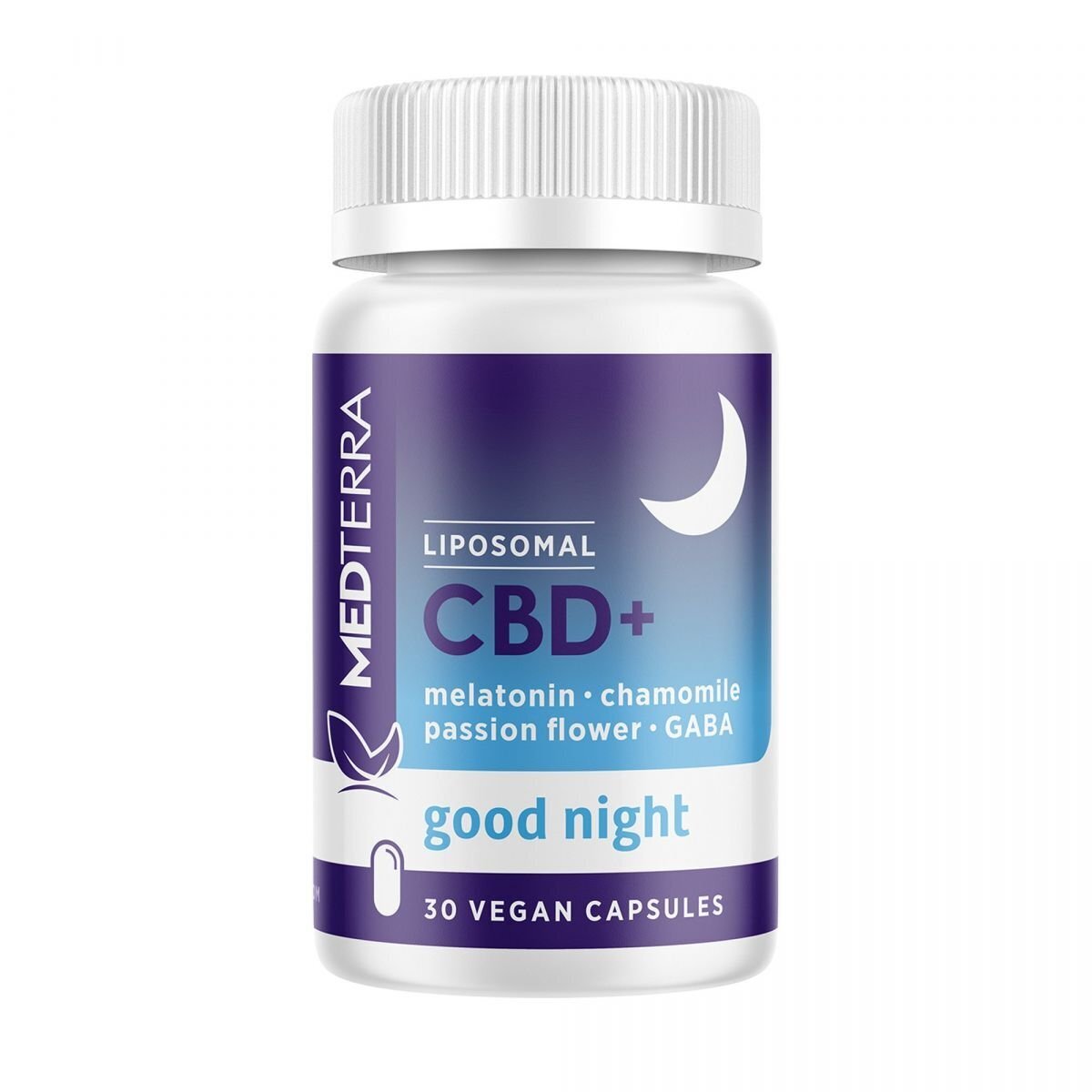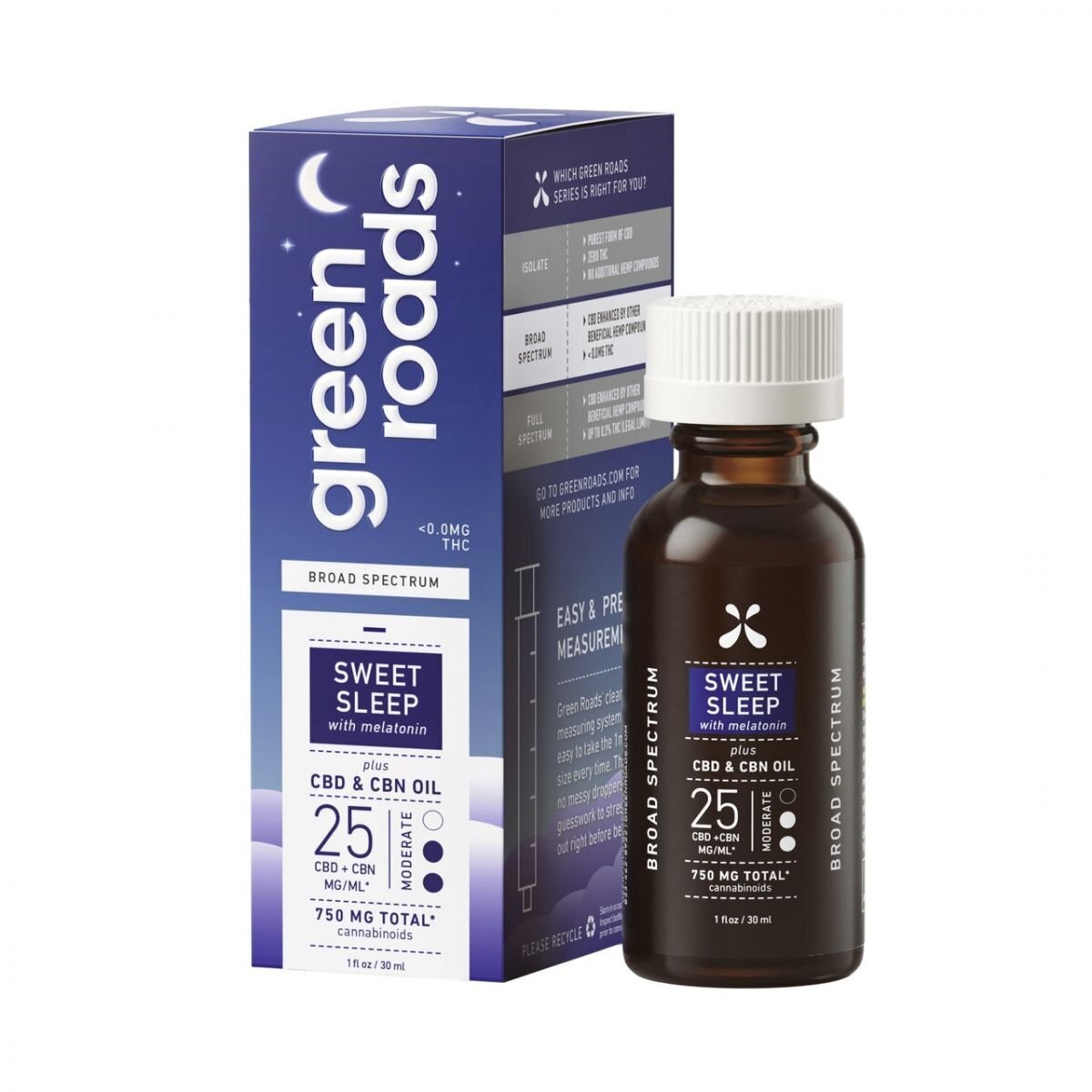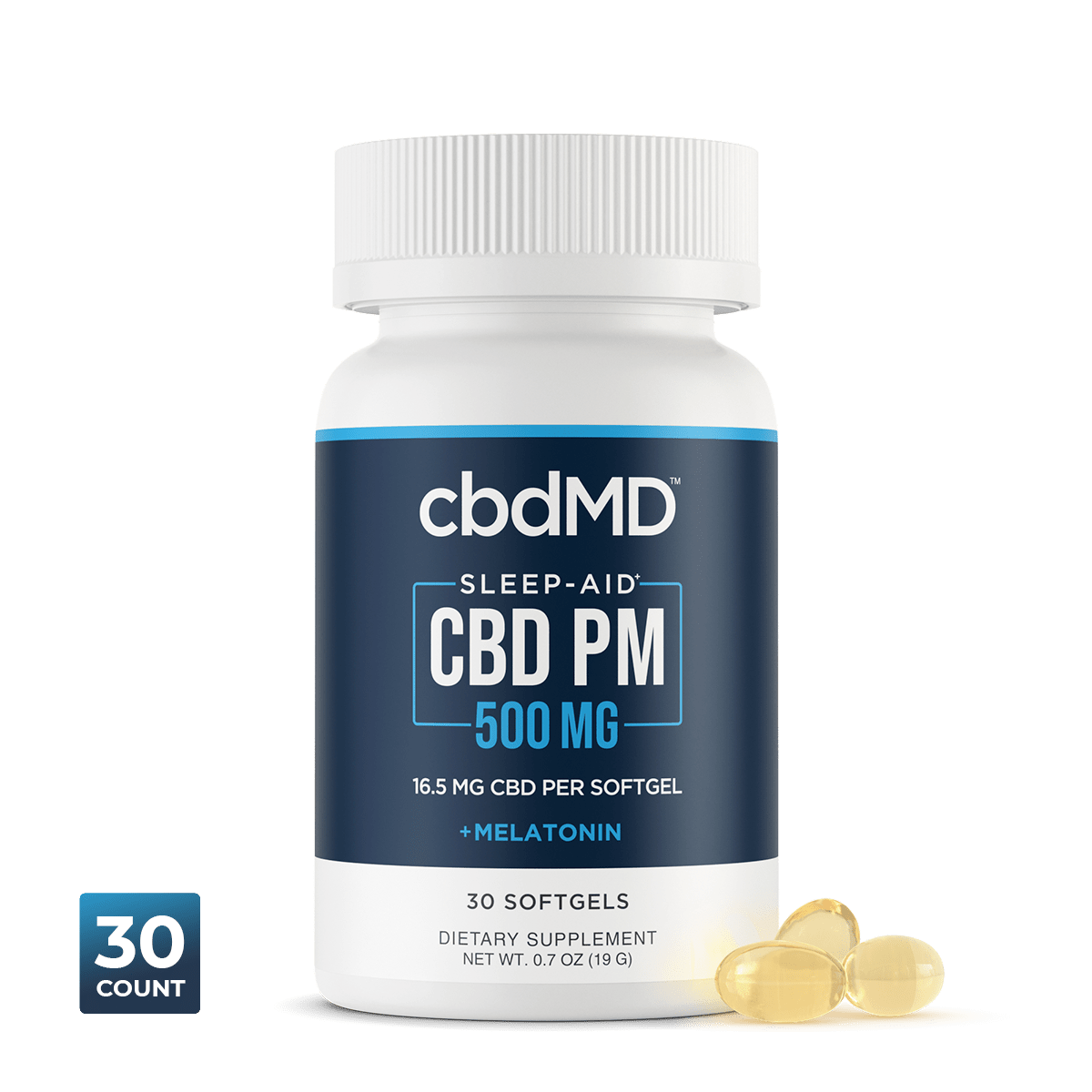One in three adults in the United States report getting less than the recommended amount of sleep on average. Poor sleep has also been linked to several other serious conditions like depression, obesity, heart disease, and Type 2 diabetes. Along with an increase in these chronic conditions in the United States, the prevalence of opioids is also at an all-time high.
In data compiled from 2005 to 2010, one in eight adults with trouble sleeping and one in six adults with a diagnosed sleep disorder reported using prescription sleep aids. These numbers created a need for a safe, effective alternative to common prescription sleeping aids. And that’s exactly where cannabidiol comes in.
Numerous people have self-reported that the best CBD oils can help with sleep and research also indicates it can provide us with healthier and more fulfilling nighttime rests. For current and new users interested in taking CBD, we put together a list of the 10 best CBD for sleep products currently on the market.
How Can CBD Help with Sleep?
Scientists have not fully uncovered how cannabidiol helps induce sleep. What we do know is that CBD has an effect on our endocannabinoid system (ECS). It’s theorized that this compound helps balance out our ECS and, in turn, produces the various beneficial effects it’s well-known for.
Currently, there are a few pieces of research out there looking into CBD and sleep. In a 2017 review, researchers found that this substance may directly affect receptors in the brain responsible for our regular sleep/wake cycles.
Other researchers have concluded that since CBD is capable of relaxing our bodies, it subsequently makes falling to sleep much easier. For example, many studies point out that this extract can alleviate anxiety. When we feel less anxious, we feel more at ease and can get a better night’s rest.
While the logistics of CBD’s influence on sleep remains up for debate, there is no denying that many have self-reported the magic of this cannabinoid. Users of products mentioned on our list have discussed how CBD has not only allowed them to get to sleep quicker but has also left them feeling more refreshed when they wake up the next morning.
What Kind of CBD is Good for Sleep?
CBD products come in three different extra types, each containing a different mix of cannabinoids from the hemp plant. The three extract types are:
- Full-Spectrum –contains all of hemp’s natural cannabinoids.
- Broad-Spectrum – contains all of hemp’s natural cannabinoids, except for tetrahydrocannabinol (THC).
- Isolate – Only cannabidiol and no other cannabinoids.
When taking your dosage for sleep, a full-spectrum extract is highly recommended. Through all of the cannabinoids produced by the hemp plant, our bodies can experience what is known as an entourage effect. The theory behind this is that by consuming all of hemp’s phytonutrients, you are further enhancing their individual health benefits and, in turn, experience more therapeutic effects.
Since hemp’s cannabinoids can naturally make us relax, the entourage effect is also present and helpful when it comes to getting a better night’s sleep.
At the same time, many users prefer to avoid THC altogether. While it’s rare, small amounts of THC can cause mild psychoactivity in extremely sensitive people and may appear on a drug test. If you are one of those users, we recommend finding a broad-spectrum blend. This allows you to consume all of hemp’s beneficial cannabinoids without having to worry about THC.
CBD Sleep Dosage Recommendation
Since CBD is not regulated by the Food & Drug Administration (FDA), there currently is no established standard dosage. As a result, users have to experiment with their products to find the right dosage that works for them.
However, we do know of some factors that play a role in CBD dosage. These include:
- Ailment – Why you are taking CBD has a lot to do with how much you should take. In the case of using it for sleep, consider how much you struggle with getting to bed at night. For example, those who need the best CBD for anxiety will need a higher strength than those simply trying to rework their sleep schedule.
- Body Weight – Simply put, the more you weigh, the more you’ll need in order to feel the desired effects. A general rule of thumb is to take 3mg for every 10 pounds of body weight.
- Strength – Every product on our list has its strength measured out in milligrams (mg). You can typically find the mg-count of the bottle or individual pills on the label of these products. The higher this number, the less servings you’ll need in order to feel the desired effects.
- Tolerance – Our bodies build up a natural tolerance to this compound. This means that over time, you may find yourself needing to take higher doses to feel the same effects that you did when you started.
Considering these factors and the fact that CBD affects us all differently, it’s difficult to definitely tell what amount will work for you. In all cases, we advise that new users start with the recommended dose by the manufacturer and then gradually increase it until you achieve the desired effects.
We also suggest taking your dose at least 1 hour before your bedtime, as it tends to take some time before the effects start to kick in.
Our Criteria for Best CBD for Sleep
In order to develop a list of the best CBD for sleep products, we followed a set of criteria that we applied to the products we looked at. Since cannabidiol remains an unregulated industry, we highly suggest you follow similar criteria when deciding what products to purchase.
- Certificate of Analysis (CoA) – One of the ways brands ensure the consistency of what’s in their products is by running each batch through an unbiased third-party lab test. The reports will reveal various aspects of the compound, including its purity, its cannabinoid and terpene count, and whether or not it contains any contaminants, such as heavy metals and pesticides.
- Extract Type – As mentioned, cannabidiol comes in three different extract types: full-spectrum, broad-spectrum, and isolate. To create a diverse list, we chose products that covered each of these extracts.
- Hemp Source – All federally legal products must be grown from the hemp plant. What makes hemp different from marijuana is that it holds a higher concentration of cannabidiol and a much lower level of THC (0.3% or less). The hemp plant also has a tendency of absorbing all that is in the soil around it. For this reason, we highly suggest you make sure a company sources all hemp plants from organic producers only.
- Ingredients – Products can be made with a variety of all-natural ingredients. In the case of sleep products, this often includes melatonin. To be certain of what you’re taking, we suggest reviewing the ingredients list for each product variation you purchase. This will also give you an idea of whether the product meets your dietary requirements.
- Potency – As mentioned, all products have a milligram (mg) count to identify their potency. The higher this number, the fewer servings you’ll need in order to feel the desired effects. When it comes to sleep, an average dose of 25mg is recommended. However, higher doses may be necessary for certain individuals.
- Pricing – While the price of products shouldn’t necessarily determine whether you purchase from one company over the other, it can give you some insight. Admittedly, reputable companies tend to charge more as they make sure to keep a close eye on the manufacturing process from seed to sale.
Safety and Side Effects of CBD Products for Sleep
When it comes to CBD, there are very few instances where people have reported feeling any side effects. And even when these reports come in, side effects tend to be extremely mild. With that said, this compound may produce the following in some individuals:
- Appetite changes
- Diarrhea
- Drowsiness
- Dry mouth
Drowsiness is most notable as many of these products contain melatonin. We don’t suggest taking these products during the daytime or when you have responsibilities to take care of.
If you are currently on any prescription medication, we strongly suggest you consult your doctor before taking CBD. While it is rare, it has been reported to negatively interact with certain medications.
If you are currently pregnant or lactating, we suggest you do not take any cannabinoid compounds at all. There hasn’t been any conclusive research as to the safety of CBD for members of this group, so it’s safer to avoid taking it altogether.
